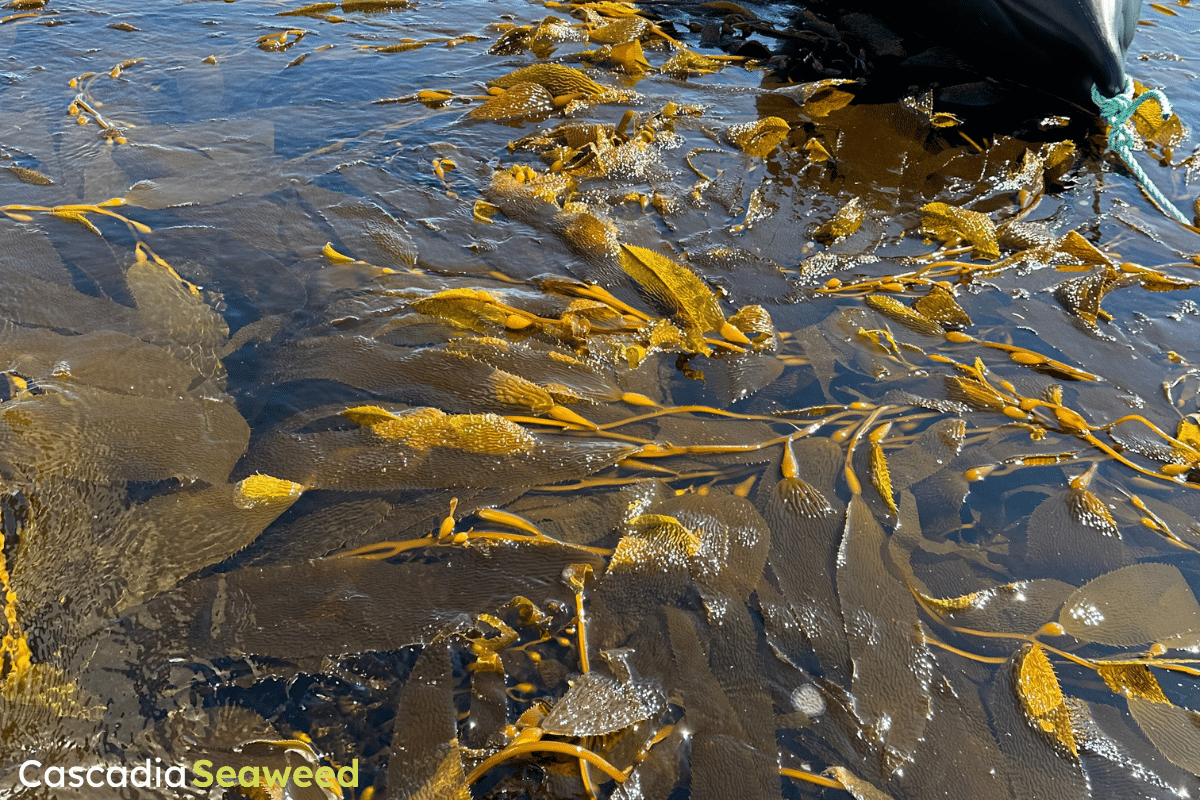Key Takeaways
- Cascadia Seaweed has received CFIA approval for its liquid kelp extract, Kelpivex, enabling sales to Canadian farmers.
- Early trial results show improved nutrient-use efficiency and crop performance.
- The approval aligns with Canada’s 2025 Federal Budget priorities around climate action and fertilizer emission reductions.
- The company expands support to Canadian growers after supplying U.S. producers for 18 months.
- CEO Michael Williamson highlights the product’s role in improving efficiency and resilience amid rising costs.
Cascadia Seaweed Gains CFIA Approval for Kelpivex
Cascadia Seaweed has secured certification from the Canadian Food Inspection Agency, officially making its liquid seaweed extract available to Canadian farmers. The approval follows a year-long review and provides growers with access to a Canadian-made input designed to support plant productivity, soil health, and nutrient-use efficiency.
Trial data indicates that Kelpivex helps crops utilize nutrients more effectively, enabling farmers to maintain—or improve—yields with reduced fertilizer inputs, offering both economic and environmental benefits.
A Timely Solution for Climate-Smart Agriculture
The certification comes at a pivotal moment, as the 2025 Canadian Federal Budget expands investment in on-farm climate programs, clean technology adoption, and emission reduction strategies. With national fertilizer reduction targets shaping agronomic decisions, growers are seeking tools that deliver measurable performance benefits.
Kelpivex provides a practical, homegrown option that supports efficient nutrient use and contributes to climate-smart farming initiatives.
Cascadia Seaweed: Expanding Access Through Coastal Partnerships
As a vertically integrated AgTech company, Cascadia Seaweed partners with coastal First Nations to grow kelp on marine farms and converts the harvested crop into agricultural inputs. After 18 months of supplying U.S. customers, the company is now extending the same support to producers in Canada.
“As farmers ourselves, we understand the challenges of rising costs and regulatory pressures,” said Michael Williamson, CEO of Cascadia Seaweed. “Kelpivex is designed to increase crop efficiency and resilience, helping growers produce more with less while supporting environmentally responsible farming systems.”


